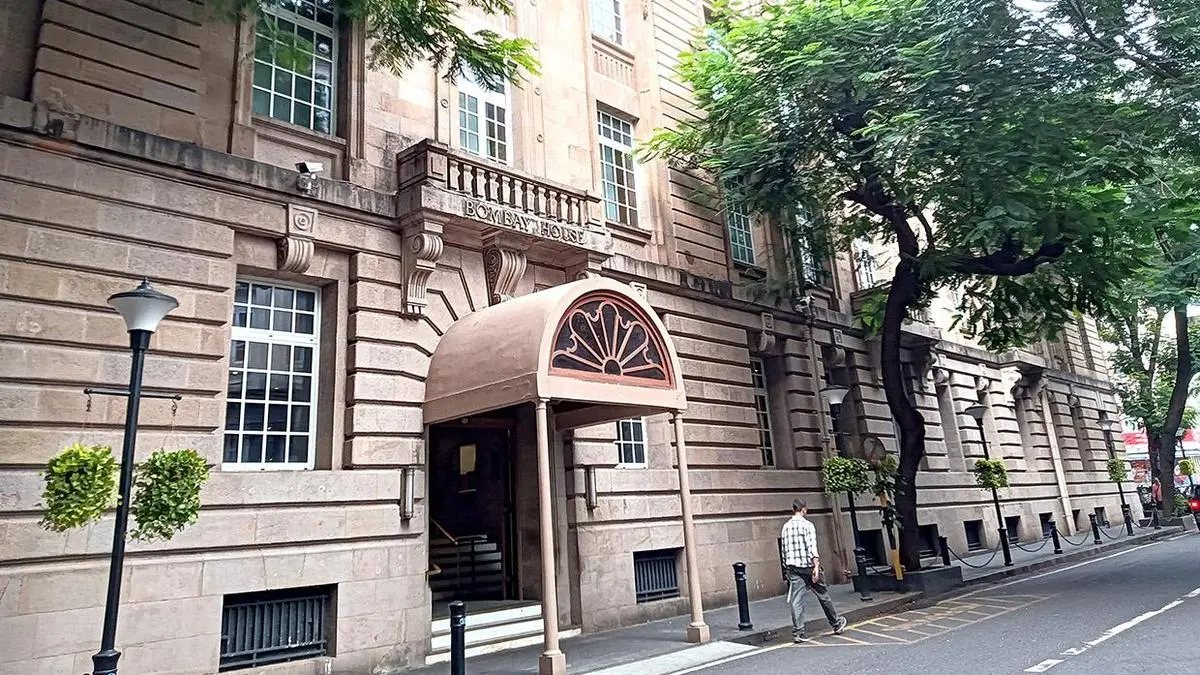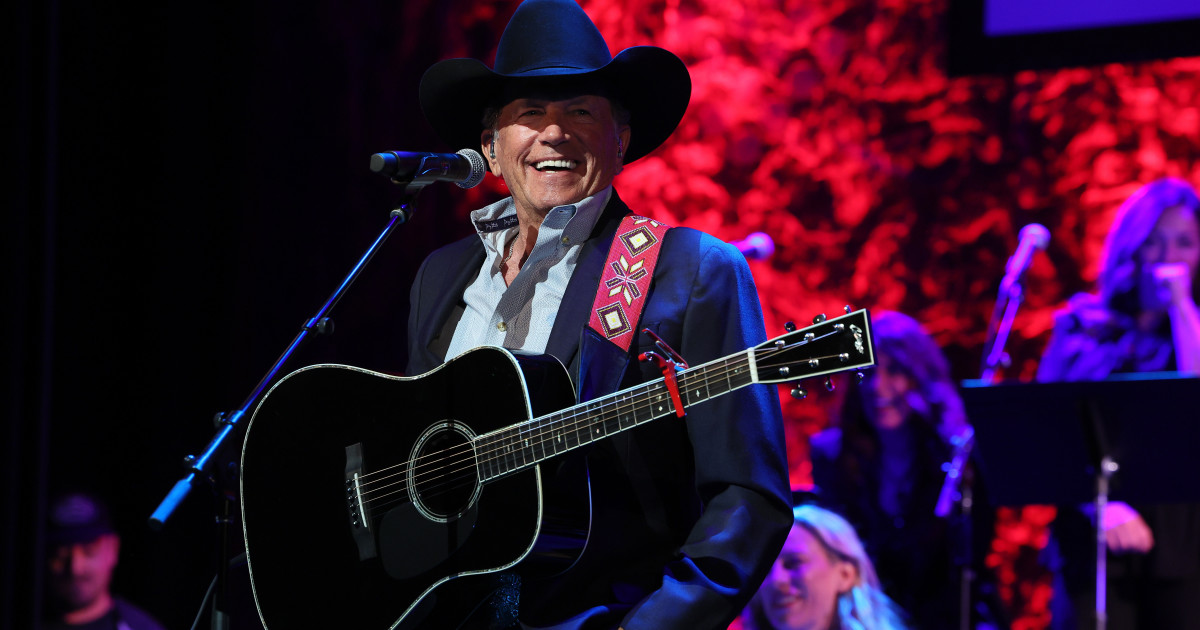Copyright thehindubusinessline

The exit of Mehli Mistry from the Tata Trusts board marks the end of a chapter that began soon after Ratan Tata’s demise a year ago. It also marks the beginning of another interesting chapter, with possibly many more likely to follow. We are witnessing moves by the trustees that would make a Gukesh proud, with the coveted prize being control over Tata Sons, the storied and influential conglomerate that is at the forefront of India’s industry. Lack of succession That things would not have come to this pass had Ratan Tata been alive is saying the obvious. It may be uncharitable to say this about someone no longer around to defend himself but the fact is that Ratan Tata did not initiate a succession plan in the all-important trusts that control two-thirds of Tata Sons, though he did well in identifying a strong leader in the latter. The man had stature and his word carried weight among the trustees. “Ratan Tata could walk on water and if he sent word asking us to approve a resolution, we would do it blindly,” a trustee told this writer recently. But it is unrealistic to expect the same from Noel Tata who has largely been on the sidelines and was brought into the trusts only a few years ago by Ratan. It is the absence of a strong leader at the helm that has led to the current issues, but interestingly, Noel seems to be moving to consolidate his position in the trusts. It is ironic though that his first big move was against the one who recommended his name for chairman of the trusts, Mehli Mistry. It should not be surprising if Noel quickly appoints someone he considers a loyalist to take Mehli Mistry’s place in the trusts. It is also not difficult to guess the outcome when the term of another trustee ranged against him at the Sir Dorabjee Tata trust, Pramit Jhaveri, ends in February. Even if a replacement for Mistry is not appointed by then, Noel will have majority in the trust board assuming that Venu Srinivasan and Vijay Singh vote with him. So, it is quite possible that Jhaveri, Darius Khambatta and Jehangir HC Jehangir, who identified themselves with Mistry, could exit on their own, especially if Mistry decides not to contest his ouster. Governance questions The ongoing drama though raises some crucial questions on governance that are worth pondering over. In a board meeting on October 17, 2024, seven trustees huddled together and awarded themselves lifetime trusteeship positions on the trusts. These were Noel Tata, Venu Srinivasan, Vijay Singh, Darius Khambatta, Mehli Mistry, Pramit Jhaveri and Jehangir HC Jehangir. What kind of governance is it when trustees unanimously appoint themselves for life? With all due respects to the accomplishments of these gentlemen, what is unique about them that they cannot be replaced by someone else after a term? Of course, by virtue of his last name Noel probably has the only credible claim for being a lifetime trustee but what about the rest? There have been lifetime trustees at the trusts with NA Soonawala and RK Krishnakumar being notable ones. But these were appointed by Ratan Tata as the Chairman of the trusts unlike now when the trustees appointed themselves. Had Ratan Tata so desired, he would have appointed these gentlemen, who were already in the trust board, for life. The fact that he did not is a message in itself. While the trust deeds might provide for lifetime appointment, the spirit appears to have been violated, especially when you see that it was done within two weeks of Ratan Tata’s demise. Control of Tata Sons board The second governance issue relates to the role of the trust nominees on the Tata Sons board. By virtue of Article 104B of Tata Sons Articles of Association, the trusts have the right to nominate one-third of the company’s board so long as they hold at least 40 per cent stake in the company; currently they hold 66 per cent. The problem though is Article 121, introduced in 2000 soon after Ratan Tata consolidated his position at the helm. The Article says that important proposals such as acquisitions, divestitures, borrowings, entry into new businesses and investment over ₹100 crore in any instrument will need affirmative vote from a majority of the trust nominee directors. The list of actions that require such vote were set out in Article 121A in 2014. The questions that arise are: can a two-third majority shareholder dominate the board with just one-third representation? On the Tata Sons board, the nominee directors are a minority. For example, currently, there are six directors on the board of which two — Noel Tata and Venu Srinivasan — are the trust nominees. Should this minority be allowed to veto the proposals that the majority board members approve? The argument will be that the majority shareholder has the right to dictate the conduct of business in a company. If the founder Tatas — Jamsetji, Sir Ratan and Sir Dorabjee, followed by JRD — thought so, they would not have settled for just one-third board nominees for the trusts. The fact that they did so means that they wanted diversity of views; they recognised that the remaining two-third board representatives would bring business expertise and vision and deferred to that. This spirit was violated by the introduction of Article 121A. Article 121A was introduced by Ratan Tata to exercise control over the Tata Sons board after he handed over the reins to Cyrus Mistry. It is said that the current chairman of Tata Sons, N Chandrasekaran, was hobbled by this Article but his relationship with Ratan Tata helped him to circumvent it. Tata Sons’ decisions impact its group companies, most of them are listed with public shareholding in excess of what the former holds. Given this, it is problematic that a charitable trust should exercise veto powers on the Tata Sons board. These governance norms were acceptable in an era when a JRD or a Ratan Tata lorded it over the group. They were also acceptable in an era when the Tata group was not as nationally important as it is now with interests in semiconductors, defence equipment and airlines. The context has changed now. Listing Tata Sons may not be a good idea now given its presence in sensitive businesses but there is no doubt that governance rules and standards inside the trusts, and between the trusts and Tata Sons, have to be reviewed to make them contemporary and relevant. Published on October 30, 2025



